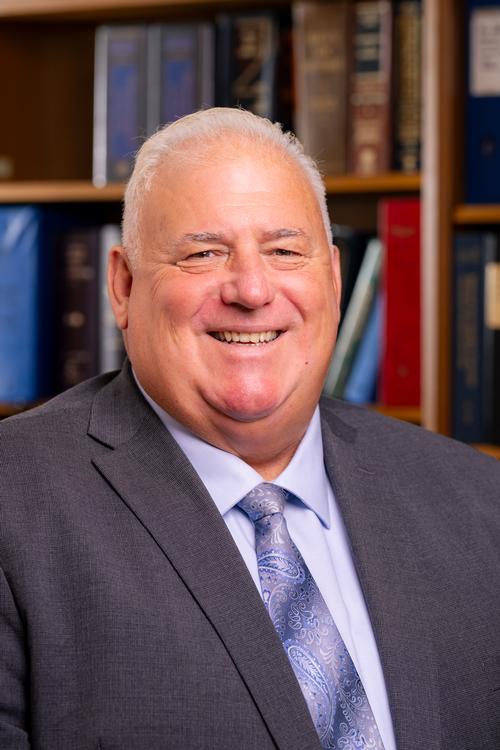 Thousands of construction workers suffer injuries on the job every year, most of which could have been prevented. In an effort to reduce the number of New York City construction accidents, there are labor laws in New York State that specifically protect construction employees and make owners liable for accidents.
Thousands of construction workers suffer injuries on the job every year, most of which could have been prevented. In an effort to reduce the number of New York City construction accidents, there are labor laws in New York State that specifically protect construction employees and make owners liable for accidents.
NY Labor Laws Give Special Rights to Construction Workers
Property owners have been known to prioritize profits over safety, causing serious injuries or even deaths of the workers they rely on to build their structures. In many cases, workers’ compensation benefits fall far short of the costs of accidents sustained during the erection, demolition, or renovation of structures. New York state labor laws give construction employees the right to sue an employer or contractor, allowing workers the opportunity to get full compensation for injuries caused by negligence.
New York City construction workers are given certain rights to safe conditions and equipment under state laws. This includes the following three New York labor laws.
Labor Law 200
Section 200 of the state labor law requires all owners and contractors to make all workplaces under their control reasonably safe for workers. The law requires all worksite to be “constructed, equipped, arranged, operated, and conducted as to provide reasonable and adequate protection to the lives, health, and safety of all persons employed therein or lawfully frequenting such places. All machinery, equipment, and devices in such places shall be so placed, operated, guarded, and lighted as to provide reasonable and adequate protection to all such persons.” The law also enforces building codes for all construction site sanitation and health facilities, exits, elevators and escalators, fire suppression systems, and industrial radiation protection. The law applies to employees, but also visitors who are on the worksite. Any violation of this section that causes an injury can give a worker grounds to take action against the employer.
Labor Law 240
This section of the labor code is often referred to as the "Scaffold Law.” It requires all scaffolding more than 20 feet from the ground or floor to have a bolted safety rail that spans the entire length and ends of the scaffold, and the scaffold must be fastened in a way that prevents swaying. Scaffolding must also be able to bear four times the maximum weight of the people and objects placed on it. Injured workers and their families can take action under this law if a worker is injured by falling from a height, or if a falling object strikes the worker. It is a hotly-contested law because it gives injured workers the right to sue not only property owners, but also general contractors who fail to supply protection for work at height. Contractors can even be held liable if they provided proper scaffolding, but did not train or require workers on the site to use protective equipment at all times. In addition, contractors, project managers, and property owners cannot defend these claims by showing a positive safety record in the past.
Labor Law 241
This law outlines specific provisions for construction, demolition, and excavation on worksites, as well as actions that must be taken and safety equipment that must be provided. It protects employees from falls and cave-ins by requiring all elevator shaftways, hatchways, and stairwells of buildings during construction or before demolition to have planking at least two inches thick across the opening at least two stories above and one story below any area where workers are present. It also provides instruction on how sites must be arranged and guarded to protect workers, as well instructions for installing glass doors to prevent injury.
If you have been injured on a New York construction site, the first thing you should do is file a claim for workers' compensation benefits. The next step to take is to speak with a New York construction accident and injury attorney as soon as possible. We can examine which laws apply to your case and get you the maximum amount of compensation you are owed for your medical treatment and lost ability to earn a living. Contact us online or call us directly at 800.362.9329 today to schedule your free initial consultation.
|
Related Links: |

